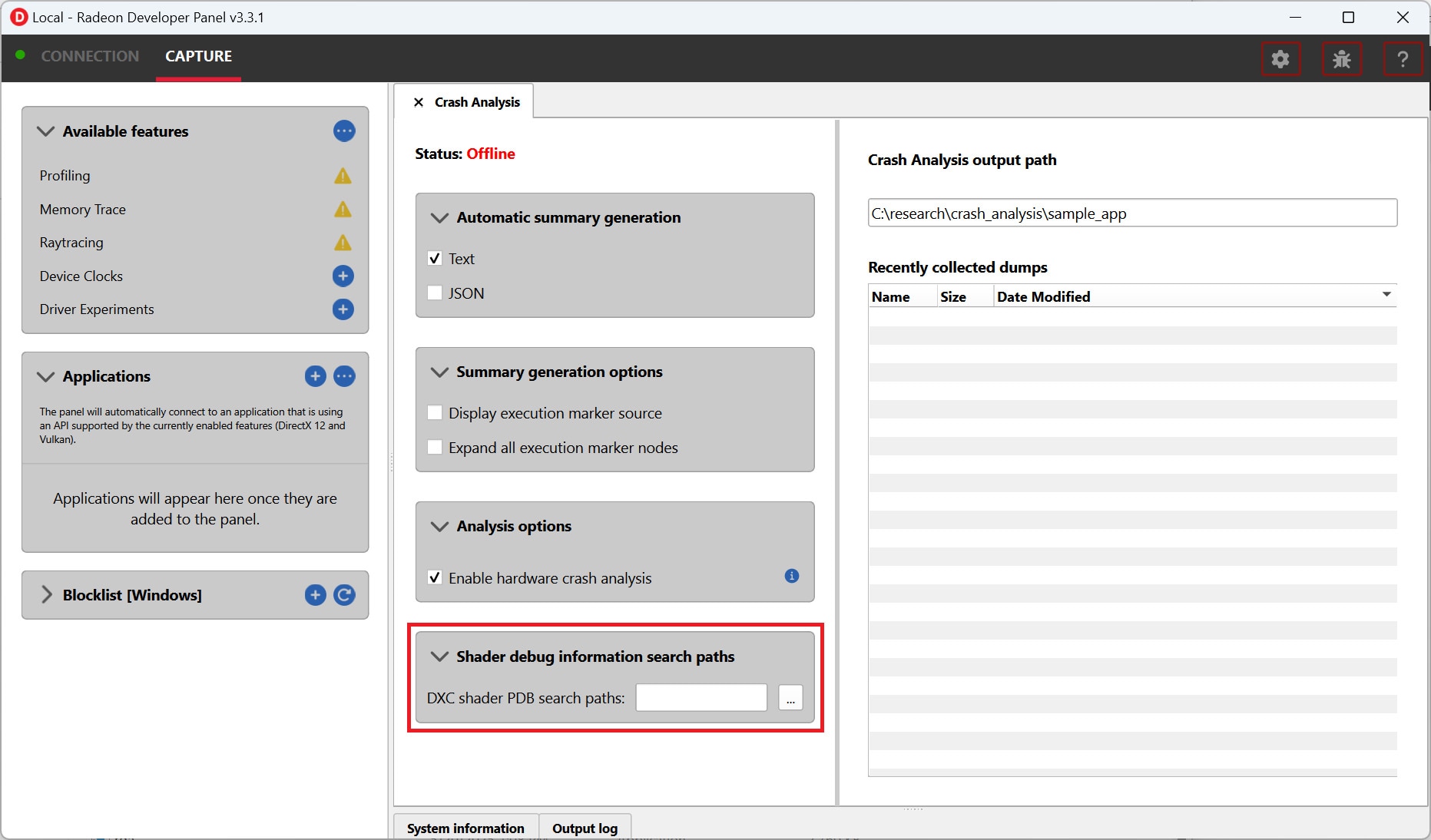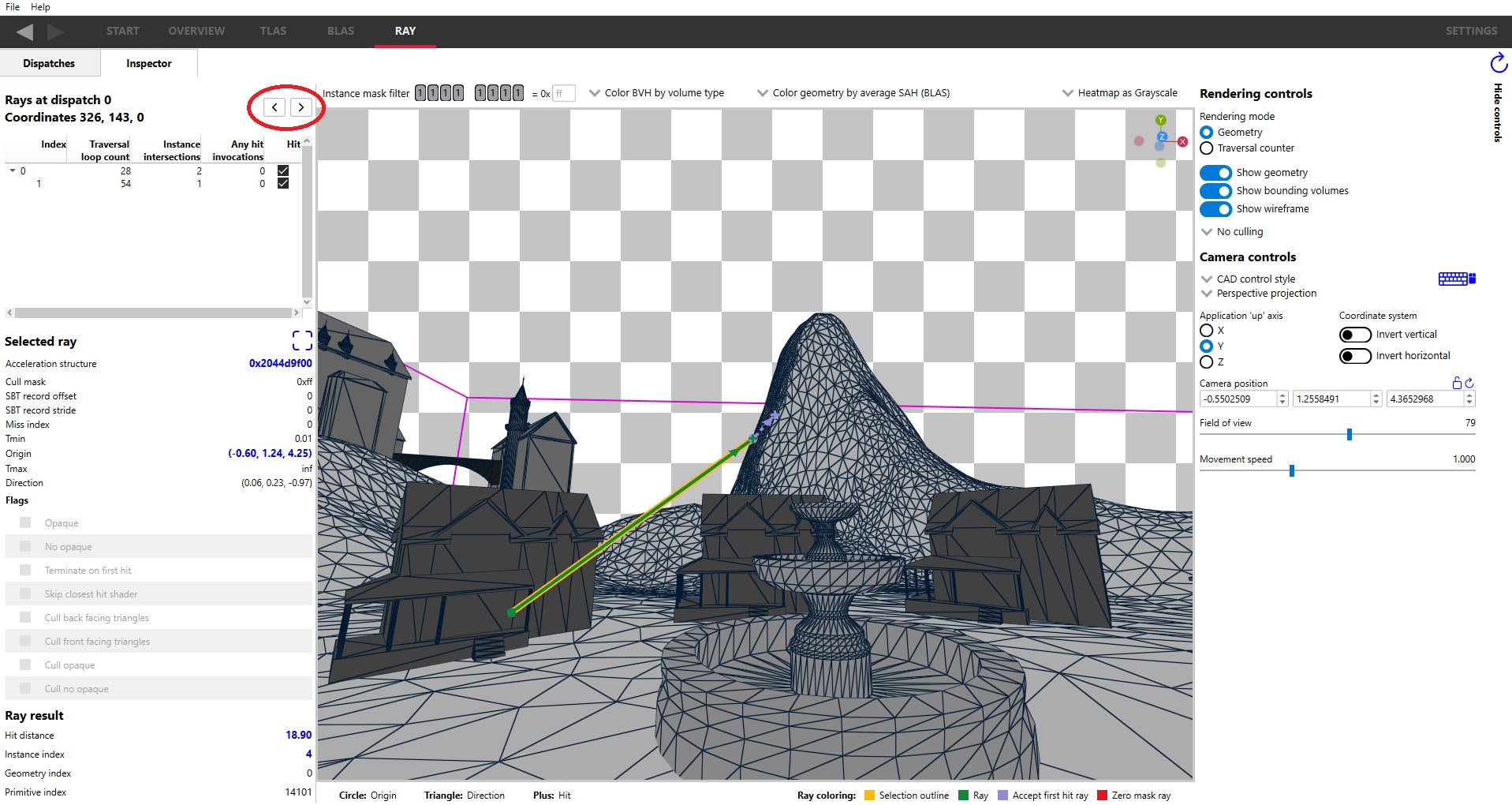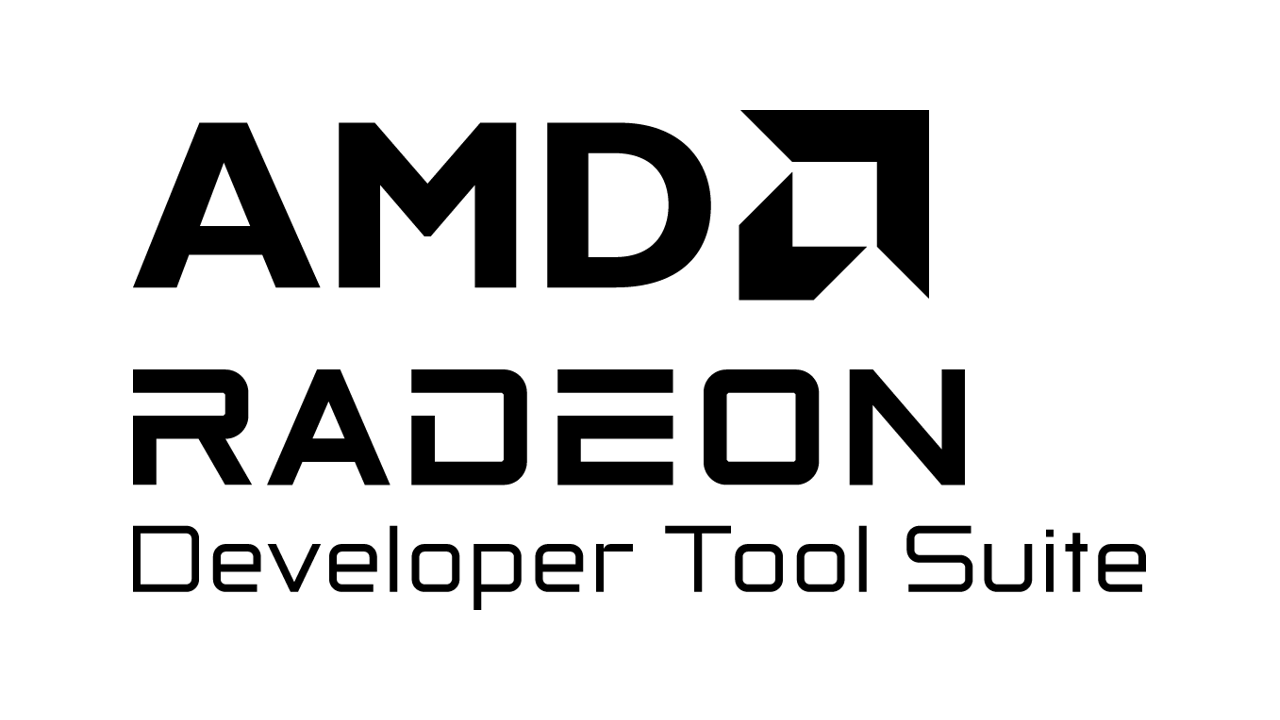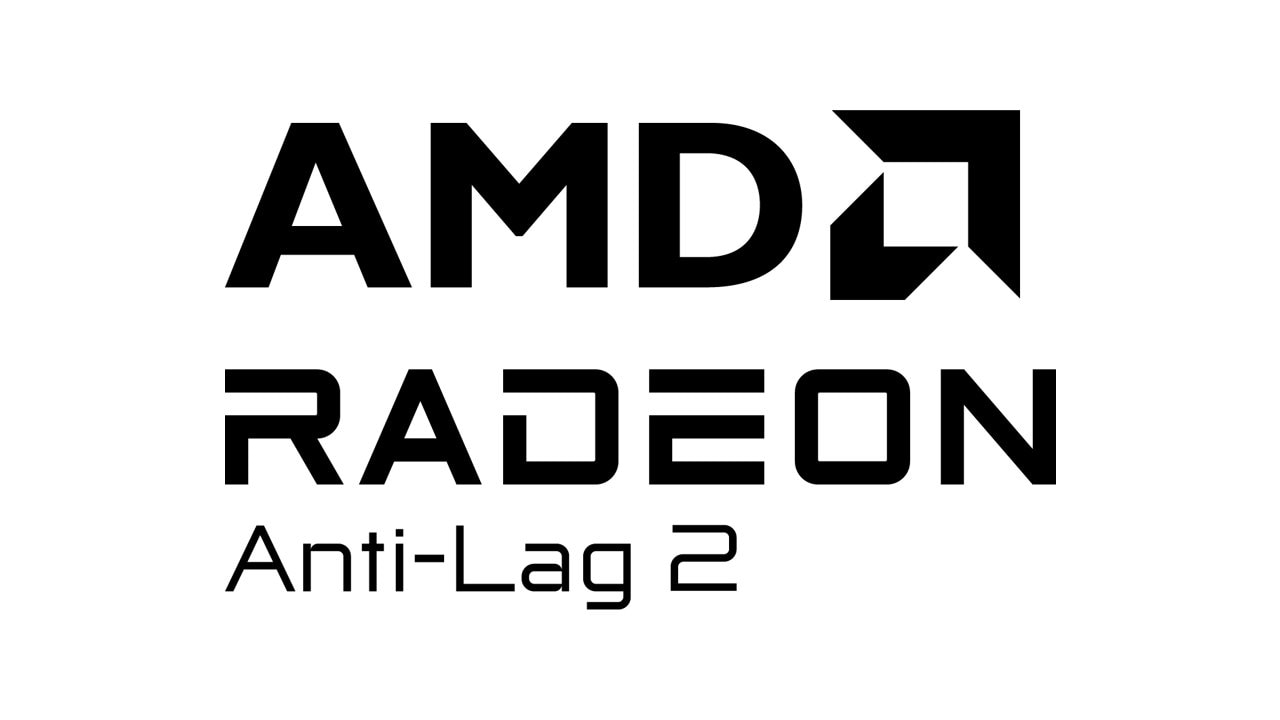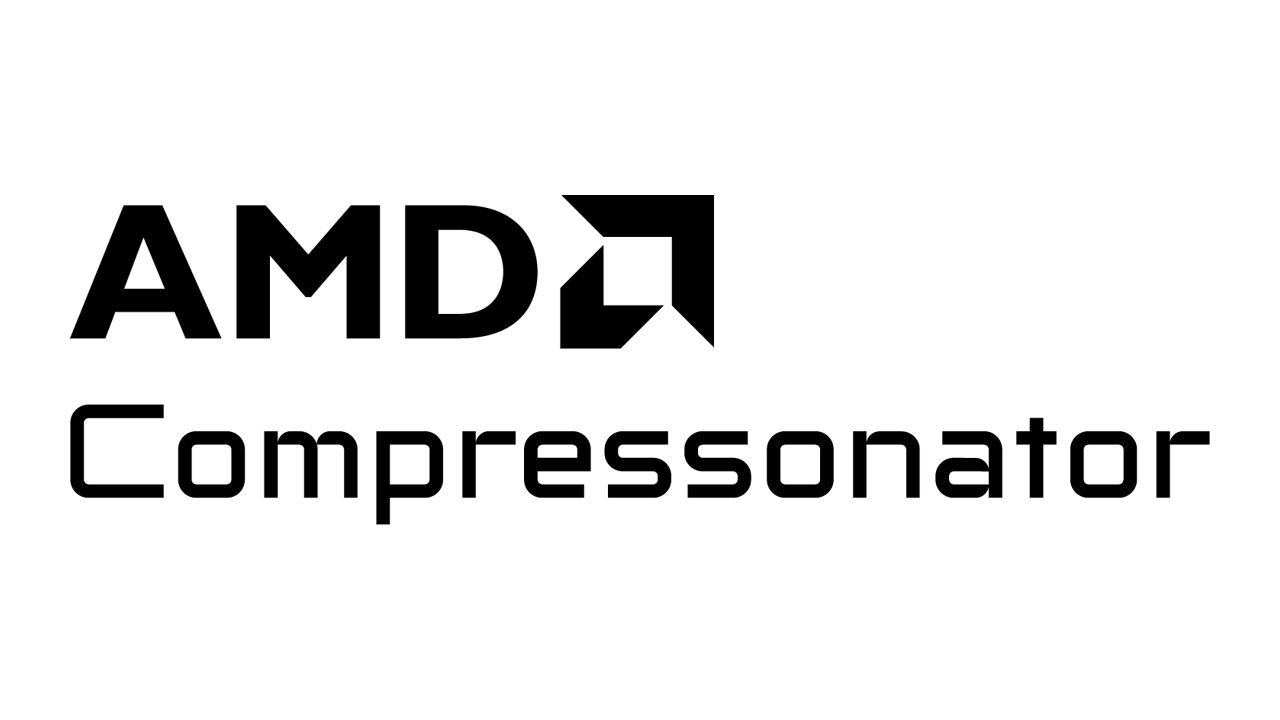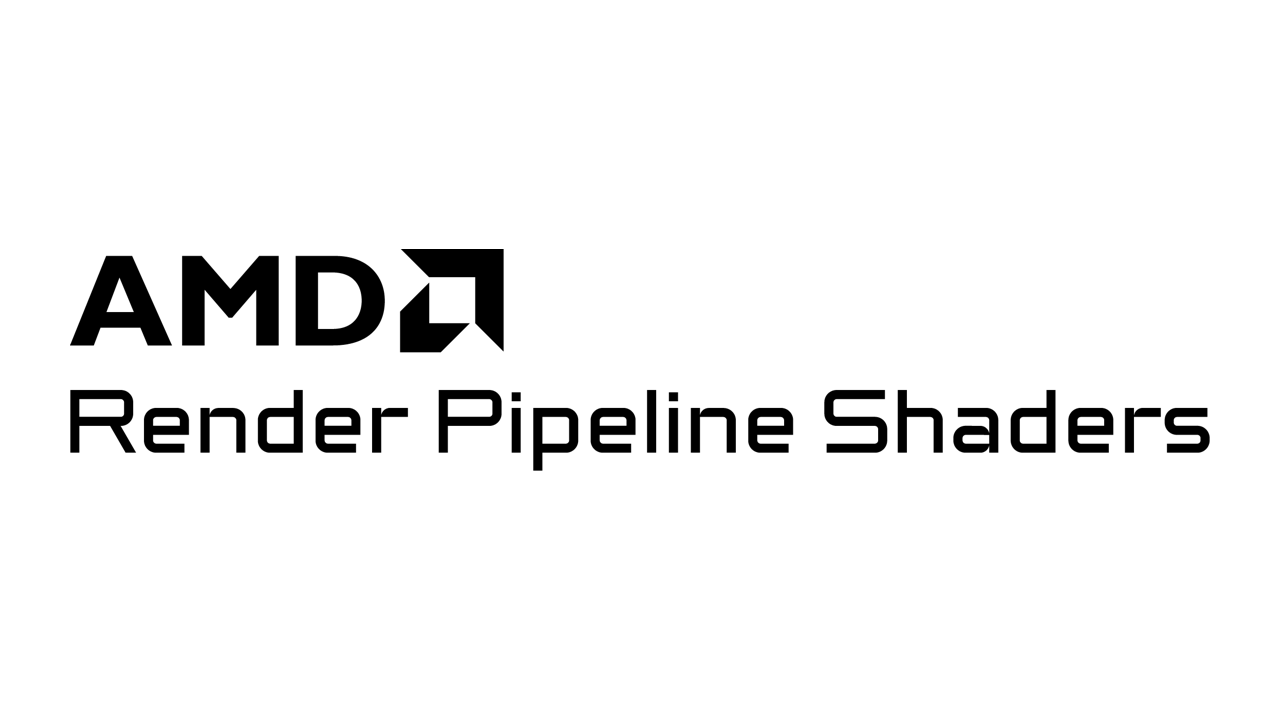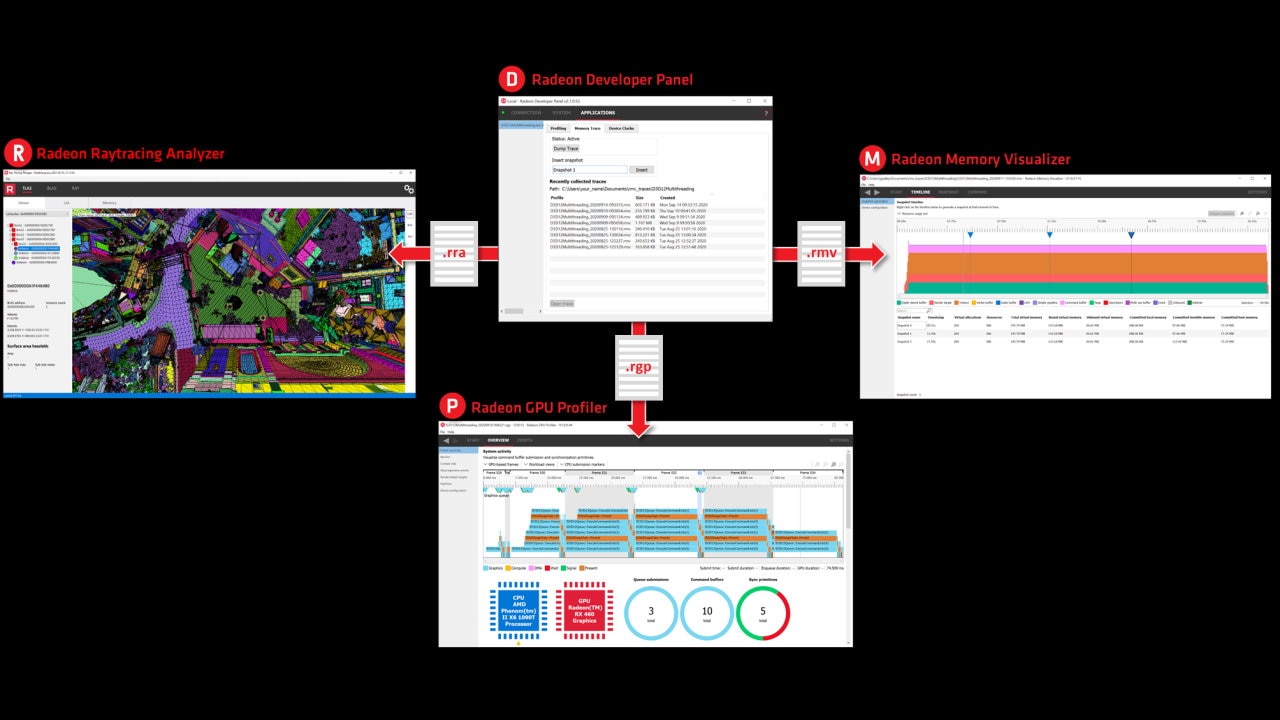
Related software
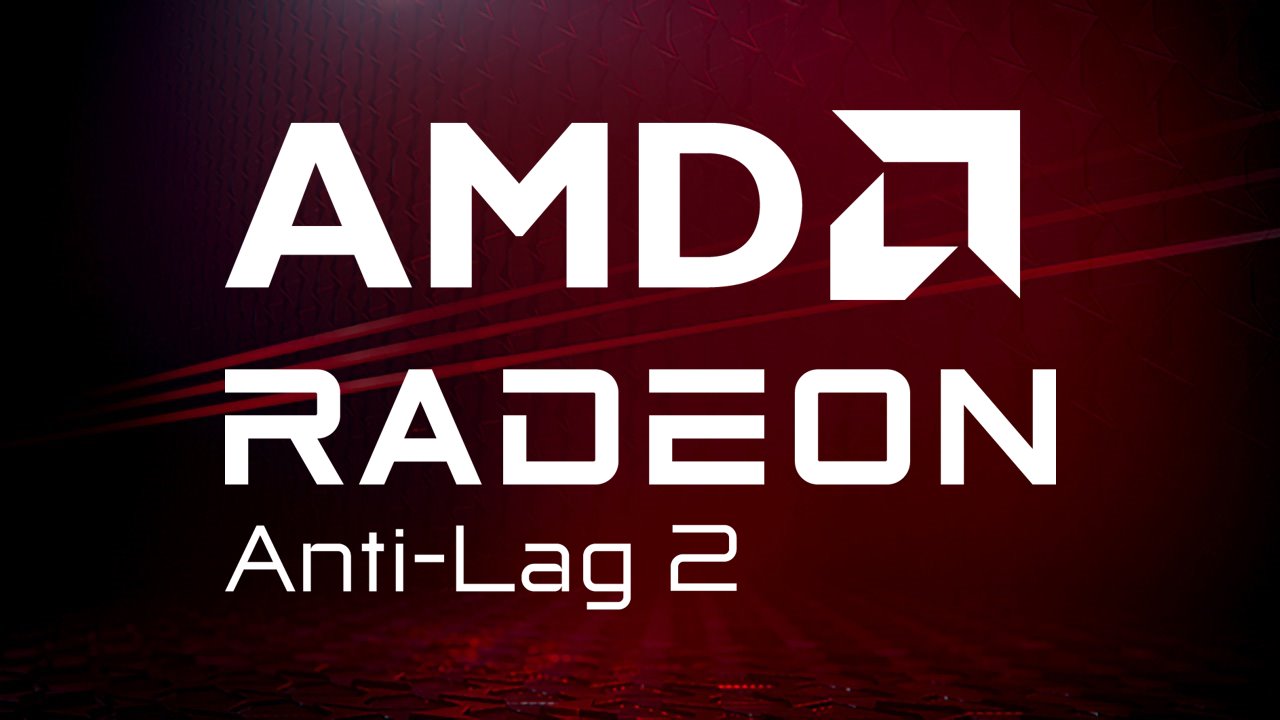
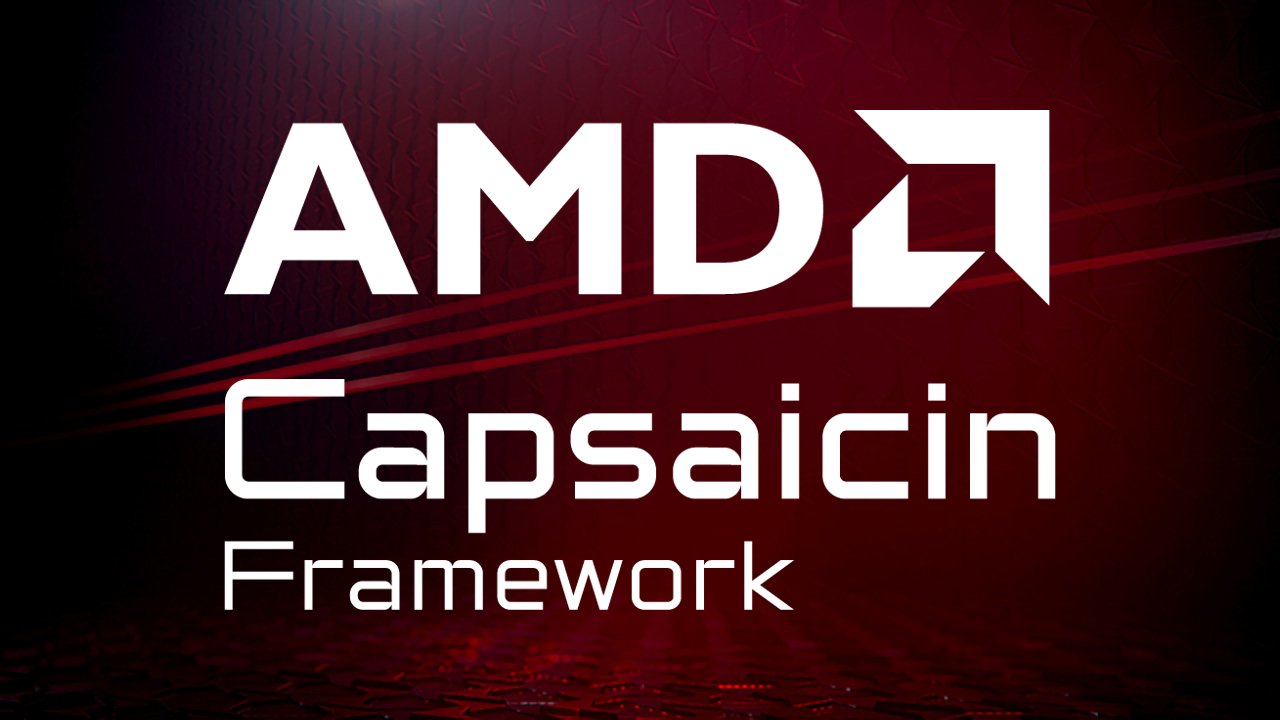

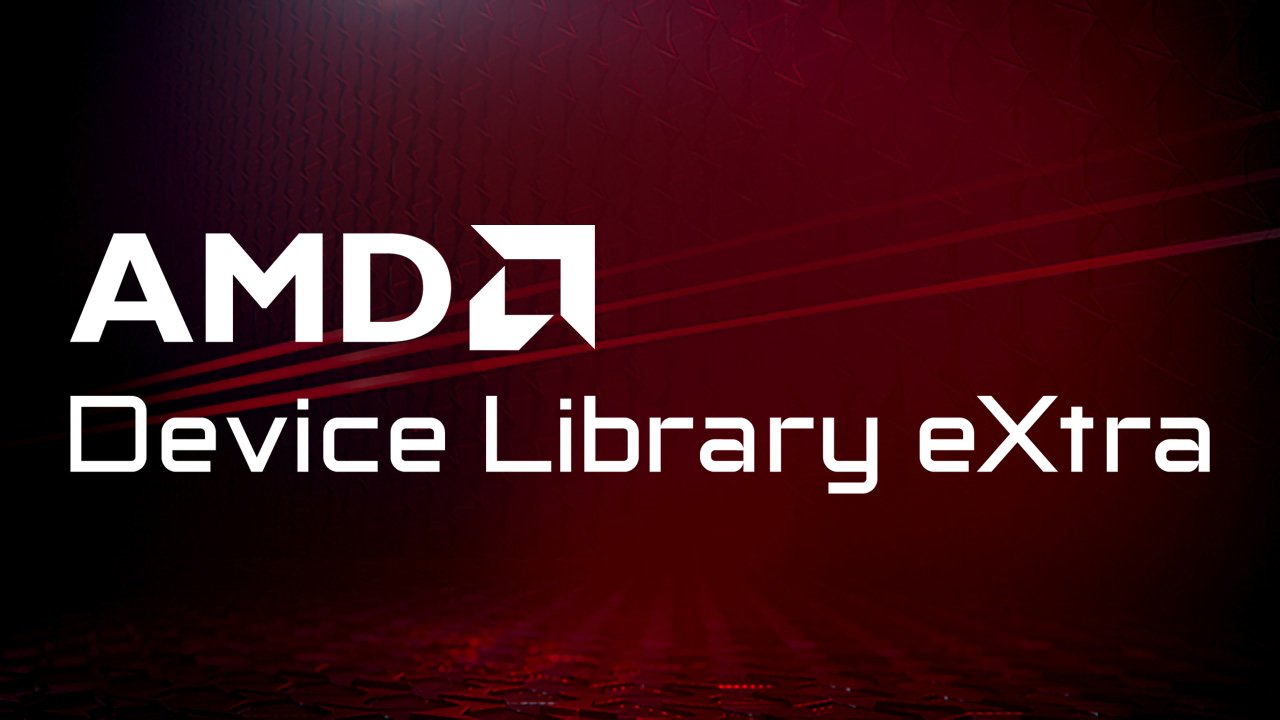

The AMD GPU Performance API (AMD GPUPerfAPI, or GPA) is a powerful library, providing access to GPU Performance Counters. It can help analyze the performance and execution characteristics of applications using an AMD Radeon™ GPU.
AMD GPUPerfAPI is used by the AMD Radeon™ GPU Profiler, as well as several third-party tools including Microsoft PIX on Windows and RenderDoc.
Added support for AMD Radeon™ RX 9060 XT and AMD Radeon™ AI PRO R9700 graphics cards.
AMD Radeon™ RX 9070 Series GPUs are now supported with AMD Radeon™ Software for Linux® 25.10 or newer.
New entrypoints added: GpaGetDeviceMaxWaveSlots, GpaSqttSpmBegin, GpaSqttSpmEnd. Binary backwards compatibility is maintained.
GPA Vulkan can now be used in a Vulkan® layer using new OpenContext parameters.
Fixed PAStalledOnRasterizerCycles counter for AMD RDNA™ 4 architecture GPUs.
Fixed GitHub Issue #80 - GPA is now CMake-friendly! FetchContent is used to fetch all dependencies prior to building.




